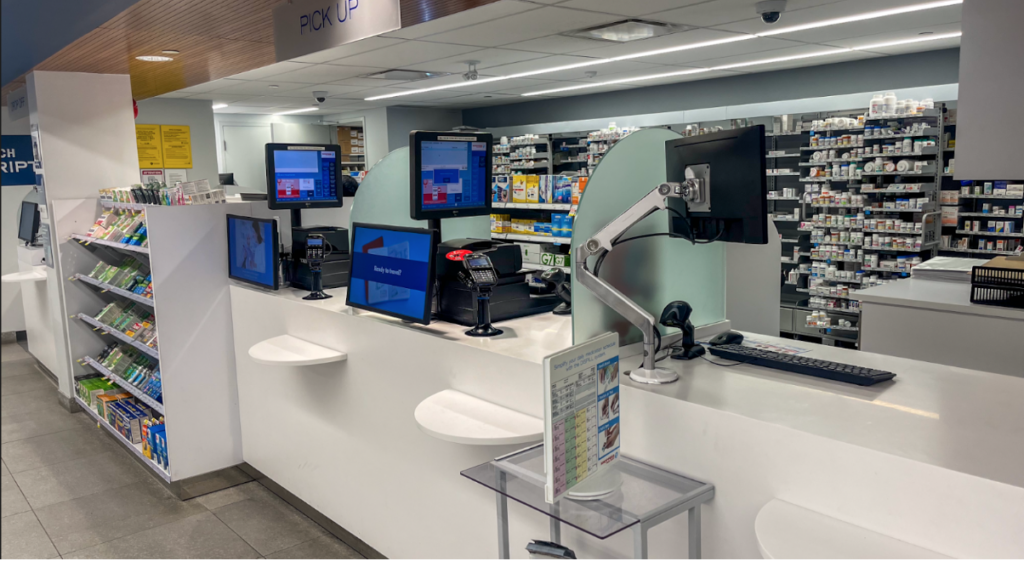
Listen to the full story here:
Ontario is looking to increase the scope of practice for pharmacists with the goal of improving access to health care.
Public consultations are open until Oct. 20, according to Ontario’s Regulatory Registry, which lays out the proposed changes.
If approved, pharmacists would be able to assess and treat more minor ailments and illnesses, including sore throats, calluses and corns, mild headaches, shingles, minor sleep disorders, fungal nail infections, swimmers’ ear, head lice, nasal congestion, dandruff, ringworm, jock itch, warts and dry eye. They would also be able to order lab tests and administer more vaccines.
“I think it’s great, I think it is absolutely fabulous,” said Dr. Pria Nippak, interim director of health services management and associate professor at Toronto Metropolitan University.
“The conditions are quite low risk, so this will allow people a far larger window of being able to get treatment,” she said.
The Ontario government already expanded pharmacists’ scope of care twice last year.
On Jan. 1 2023, pharmacists were given the authorization to prescribe certain medications for 13 minor medical conditions, such as pink eye, urinary tract infections, and hemorrhoids. Then, on Oct. 1, they were also given permission to assess and treat yeast infections, canker sores, and acne.
“I think it’s really great for patients,” said Muyiwa Womiloju, a pharmacy assistant at Shoppers Drug Mart and pharmacy student at the University of Toronto.
“It means they don’t have to spend as much time waiting at their doctor’s office or a walk-in clinic to get a prescription,” he said. “It means they can come see us — one of the most accessible health-care providers — and get medication in under 10 to 15 minutes.”
Nippak says patients are going to benefit from increasing the scope of practice of pharmacists.
“[Ontario] is kind of behind,” she said. “ If you look at other provincial models, you’ll see that they have expanded the scope of practice for pharmacists several years ago, and there has been little to no evidence to support that there is risk to these patients.”
Dr. Dominik Nowak, president of the Ontario Medical Association, told The Canadian Press he’s concerned about the possibility of an increased scope.
Sometimes a minor ailment can hide a more serious condition, he said, and only a doctor can recognize the difference.
“When I look at a lot of the minor ailments list, I think to myself, there’s nothing minor about many of these,” Nowak said. “The bottom line is that pharmacists are not doctors.”
That’s not a risk Nippak says she’s overly concerned about.
“I myself don’t see it as a potential risk, only because the pharmacists do tell you to follow up with your GP (general practitioner), so they’re not leaving it as a one-stop shop.”
However, Charlize Guanzon, a medical office administrator for the WELL Health Medical Centre, says it is a risk she worries about.
“I don’t think they should [expand the scope] because it works the way it is now,” Guanzon said.
“Doctors have more of a variety in their scope, and they have certain specialties and abilities to be able to prescribe the correct medications,” she said.
Guanzon says there’s a risk involved with pharmacists prescribing more medications, because it could result in miscommunication between doctors and pharmacists who could wind up prescribing medications that may not go together.
Reporter, On The Record, Fall 2024

